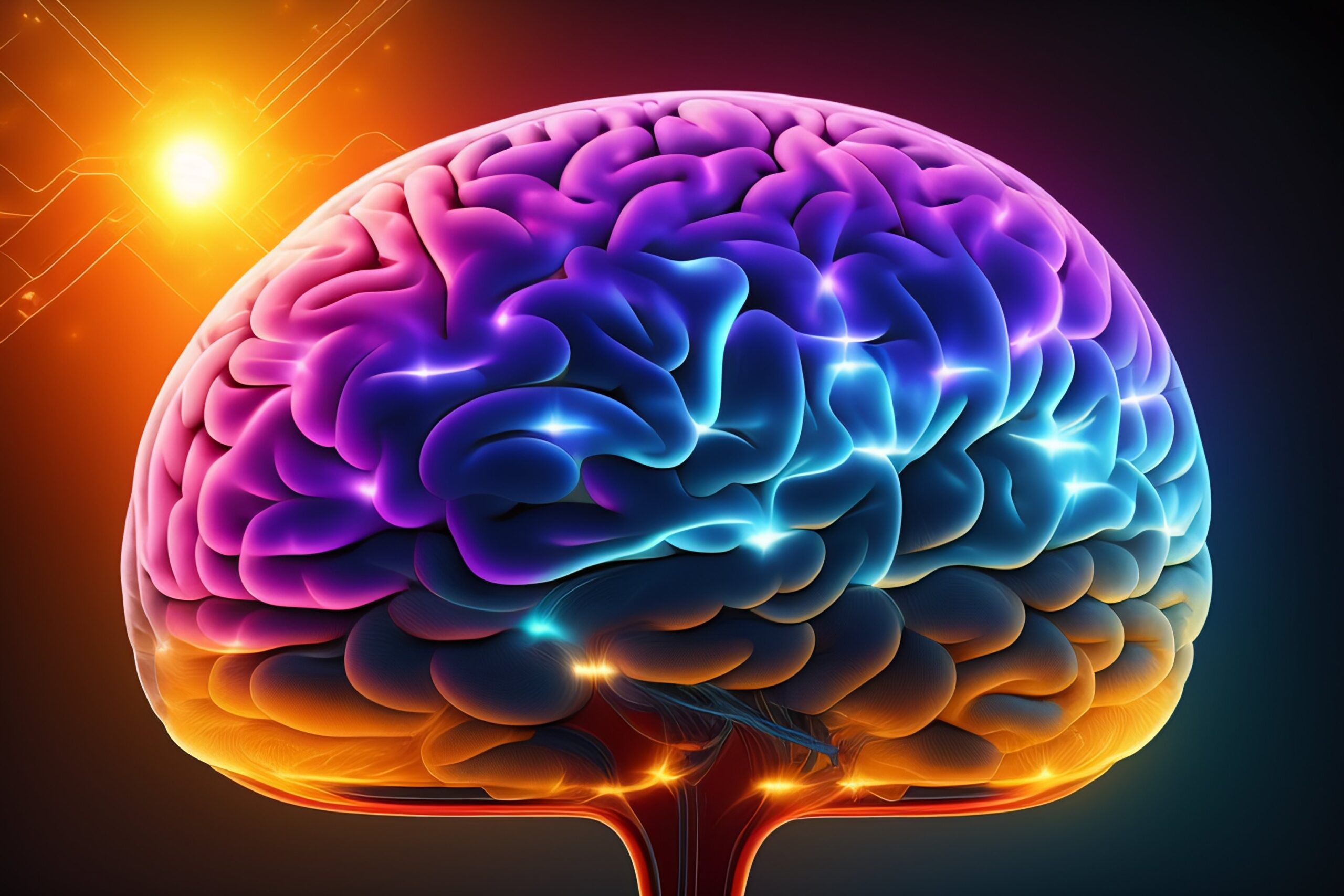

Innate human intelligence has long been a subject of fascination and inquiry. The question of whether intelligence is primarily innate or shaped by external factors has intrigued scientists, philosophers, and educators for centuries. In this blog, we delve into the intricate debate surrounding the extent to which human intelligence is innate. We’ll examine the roles of genetics, environment, and their interplay in shaping cognitive abilities. Let’s embark on this journey of understanding the essence of human intelligence.
Nature vs. Nurture: The Age-Old Debate
The nature versus nurture debate is at the heart of discussions about human intelligence. While some argue that intelligence is largely a product of genetics (nature), others emphasize the significance of environmental factors (nurture) in its development.
Moreover, recent advancements in genetics have led to a deeper understanding of the genetic components that influence intelligence. Studies involving twins and adoption have shown that there is a hereditary aspect to intelligence. Genetic variations can impact cognitive functions, memory, and problem-solving skills. Innate human intelligence is, to a certain extent, shaped by the genetic blueprint we inherit from our parents.
In addition to general intelligence, researchers have identified specific genes associated with cognitive abilities. For instance, the FTO gene has been linked to higher cognitive function, while the COMT gene is associated with cognitive flexibility. These findings suggest that genetics play a vital role in determining our cognitive strengths and weaknesses.
The Flynn Effect, which refers to the consistent increase in IQ scores over generations, furthermore complicates the nature-nurture debate. This phenomenon suggests that environmental factors have a significant impact on intelligence. Improved nutrition, education, and exposure to intellectual stimuli have contributed to the rise in IQ scores globally.
In addition to genetics, our environment plays a crucial role in shaping our cognitive abilities. Early childhood experiences, education quality, socio-economic conditions, and cultural influences all contribute to the development of intelligence.
Furthermore, the first few years of life are a critical period for cognitive development. Stimulation, nurturing, and positive interactions during this time establish a strong foundation for future intellectual growth. Children exposed to enriching environments tend to have higher IQ scores and better cognitive skills later in life.
Moreover, formal education significantly impacts intelligence. High-quality education systems provide students with the tools to enhance critical thinking, problem-solving, and creativity. Exposure to a variety of subjects and learning approaches can broaden cognitive horizons.

In addition to genetics and education, socio-economic conditions can create disparities in intelligence levels. Children from disadvantaged backgrounds may face limited access to educational resources and intellectual stimuli, which can hinder their cognitive development.
Rather than being isolated concepts, nature and nurture interact in intricate ways to shape human intelligence. Genetic predispositions can influence how individuals respond to their environment. For example, a person with a genetic propensity for musical ability may excel in an environment rich in musical exposure and training.
Furthermore, the field of epigenetics has highlighted how environmental factors can modify gene expression. This means that even though certain genetic traits are inherited, their expression can be influenced by environmental conditions. This dynamic interplay further blurs the lines between innate and acquired traits.
The brain’s remarkable plasticity enables it to adapt to new experiences and challenges. Neural connections can be strengthened or pruned based on the demands of the environment. This plasticity underscores the role of both nature and nurture in shaping intelligence.
In the innate human intelligence debate, it’s clear that both genetics and environmental factors contribute significantly to cognitive development. The extent to which each factor influences intelligence remains a complex and ongoing topic of research. As we continue to unravel the mysteries of the human mind, it becomes evident that the relationship between nature and nurture is far from binary—it’s an intricate interplay that defines our intellectual capabilities. So, is intelligence innate? The answer is a fusion of nature’s legacy and nurture’s guiding hand.
Click on the link for more Informative blogs: https://mycollegeassignment.com/blog/
Do you require any assistance with your assignments? We’re here to help you ! Now is the time to go http://www.subjectacademy.com/